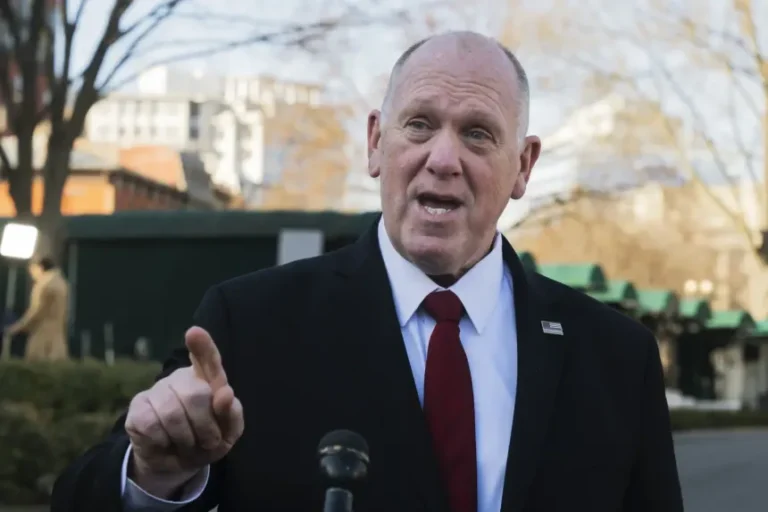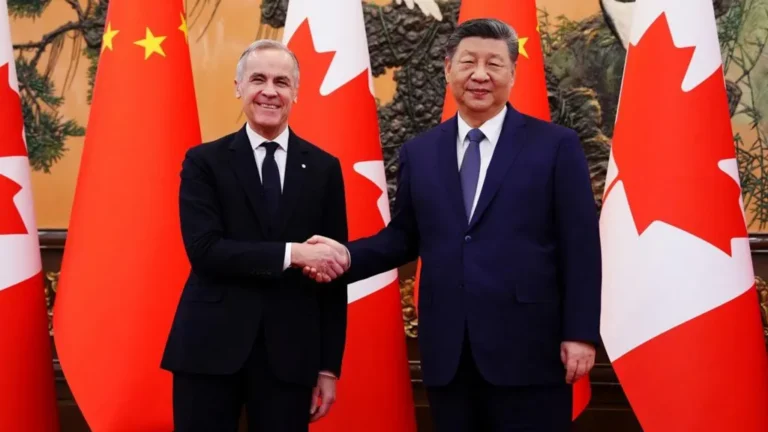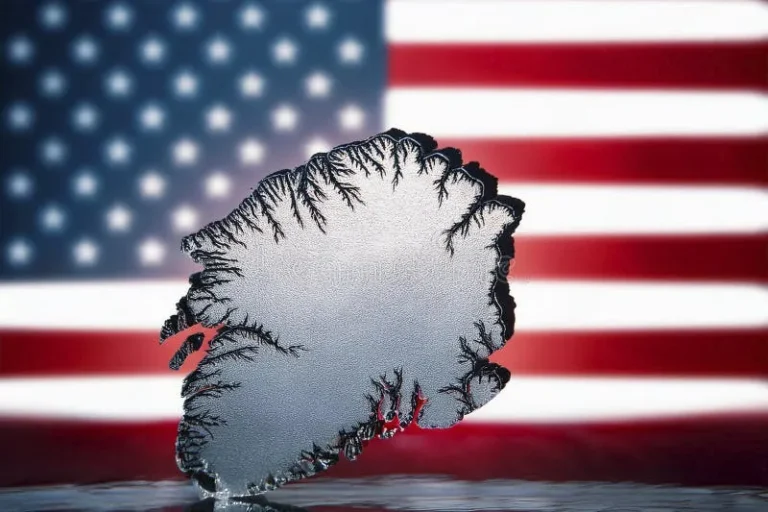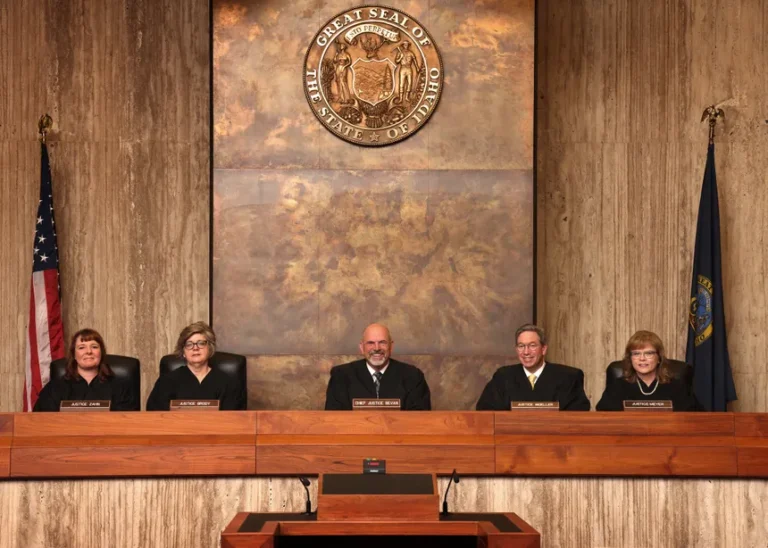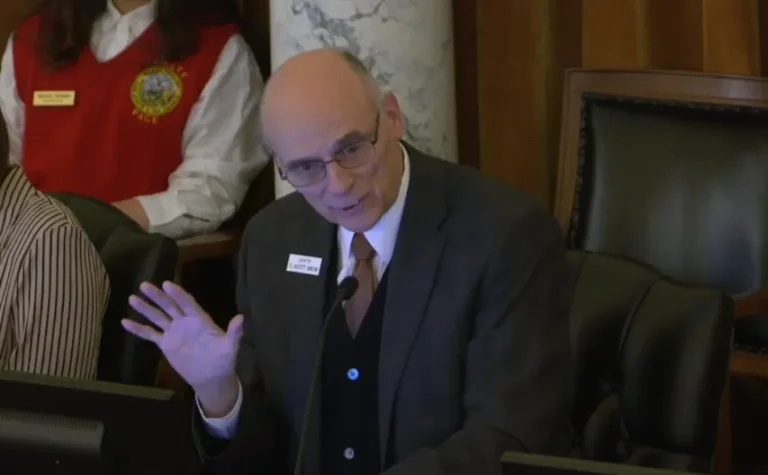
President Trump announced 50% tariffs on India
Washington, D.C. — U.S. President Donald Trump has signed an executive order imposing new tariffs on Indian imports, raising the total rate to 50% in response to India’s continued purchases of Russian oil.
The order, issued Wednesday, adds an additional 25% tariff on top of existing duties and will take effect on August 27, 2025. The White House said the move is aimed at countering Russia’s war in Ukraine, with Trump warning that Indian imports of Russian energy undermine U.S. national security and foreign policy objectives.
India Responds to Tariff Hike
India’s foreign ministry called the new tariffs “unfair, unjustified, and unreasonable,” reiterating that its energy policy serves its national interest. Officials stated that India would “take all actions necessary” to protect its economy, while also noting that other countries continue to buy Russian energy without similar penalties.
India began increasing Russian oil imports after traditional energy supplies were redirected to Europe following the outbreak of the war in Ukraine.
Impact on Trade and Relations
The 50% tariff is one of the highest ever applied to Indian goods entering the U.S. and could reduce U.S.-bound exports by as much as 40–50%, according to Delhi-based Global Trade Research Initiative (GTRI).
- The U.S. is India’s largest trading partner.
- Indian goods affected by the tariffs could become significantly more expensive in American markets.
- Analysts warn that trade negotiations between the two nations will be challenging under these conditions.
Ajay Srivastava, a former Indian trade official and head of GTRI, advised that India should “remain calm and avoid immediate retaliation,” while preparing for a protracted trade dispute.
Broader Context of U.S. Policy
The administration framed the tariffs as part of its strategy to reduce Russia’s global revenue from energy exports. White House officials said further actions may be considered against other countries that continue importing Russian oil.
This latest move signals rising friction between Washington and New Delhi, even after years of public displays of friendship between Trump and Indian Prime Minister Narendra Modi.
